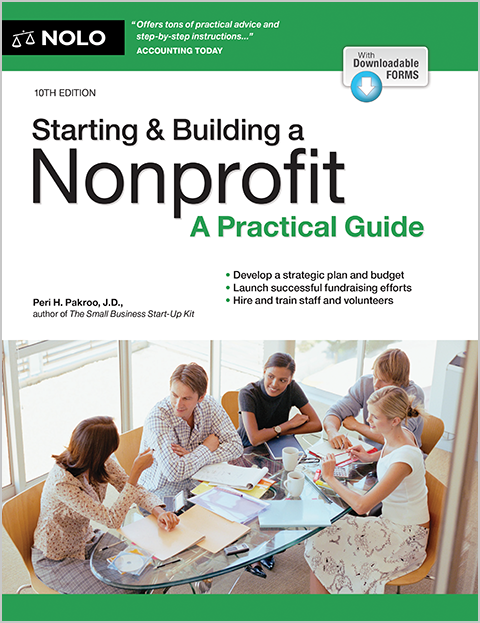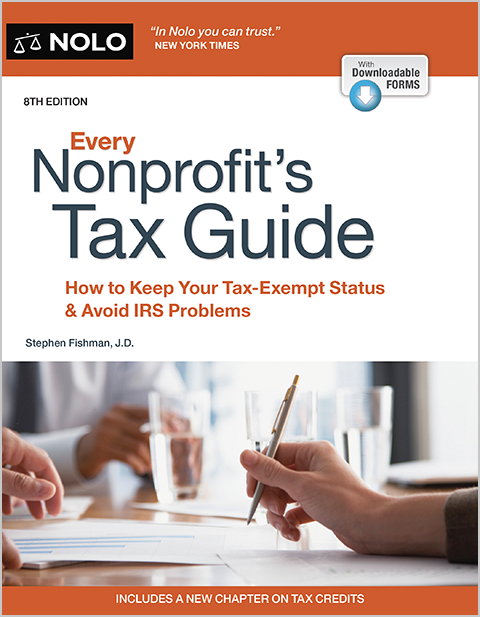Private inurement is when a 501(c)(3) nonprofit's money is devoted to private uses instead of charitable purposes.
It should go without saying that the money and other assets a nonprofit obtains are to be used only for the organization's nonprofit purposes, not for the private gain or enrichment of those who run the nonprofit, founded it, work for it, contribute to it, or are related to it in any way--we'll refer to these individuals as "insiders." The tax law provides that an organization is entitled to tax-exempt status only if it is "organized and operated exclusively for religious, charitable, scientific" and a few other specified purposes. Obviously, this requirement is not satisfied where a nonprofit's money is used to benefit insiders, instead of furthering its exempt purposes.
Lawyers have coined the confusing term "private inurement" to describe when a nonprofit's money or other assets are devoted to private uses by insiders instead of the charitable purposes they were intended for. Here are just a few examples:
- A nonprofit executive used the organization's money to pay his child's college tuition, lease a luxury car for his wife, have his kitchen remodeled, and rent a vacation house at the beach. The nonprofit also permitted him to charge almost $60,000 in personal expenses to the organization's American Express card.
- The CEO at a tax-exempt hospital used charitable assets to pay for personal items such as liquor, china, crystal, perfume, an airplane, and theater tickets. The hospital also picked up the tab for the CEO's country club charges and catered lunches to the tune of approximately $20,000.
- A nonprofit paid $200,000 for its executive director's wedding reception and tropical island honeymoon. The nonprofit also plunked down $90,000 for the down payment on the director's home and had enough left over to pay for his trip to a desert health spa.
Most of the highly publicized cases of private inurement involve larger nonprofits. However, the problem is certainly not limited to large nonprofits. In one case, the founder of a small church, who also served as its president and director, allowed his children to live rent-free in a house owned by the church. He also used church credit cards to pay for personal expenses, such as department store purchases, car repairs, food, hotel, and clothing charges; and even had the church hire a private investigator to surveil his daughter-in-law.
When a nonprofit engages in any type of conduct that results in an improper benefit to an insider, one of three things can happen:
- nothing
- the IRS can impose monetary sanctions, or
- the IRS can revoke the nonprofit's tax exemption.
The most common punishment for nonprofits guilty of private inurement is monetary sanctions--also called "intermediate sanctions." Revocation of a nonprofit's tax-exempt status is rare--as a practical matter, it is a death sentence for any nonprofit.
For more help retaining your nonprofit's tax exemption, see our book, Every Nonprofit's Tax Guide, by Stephen Fishman (Nolo).



